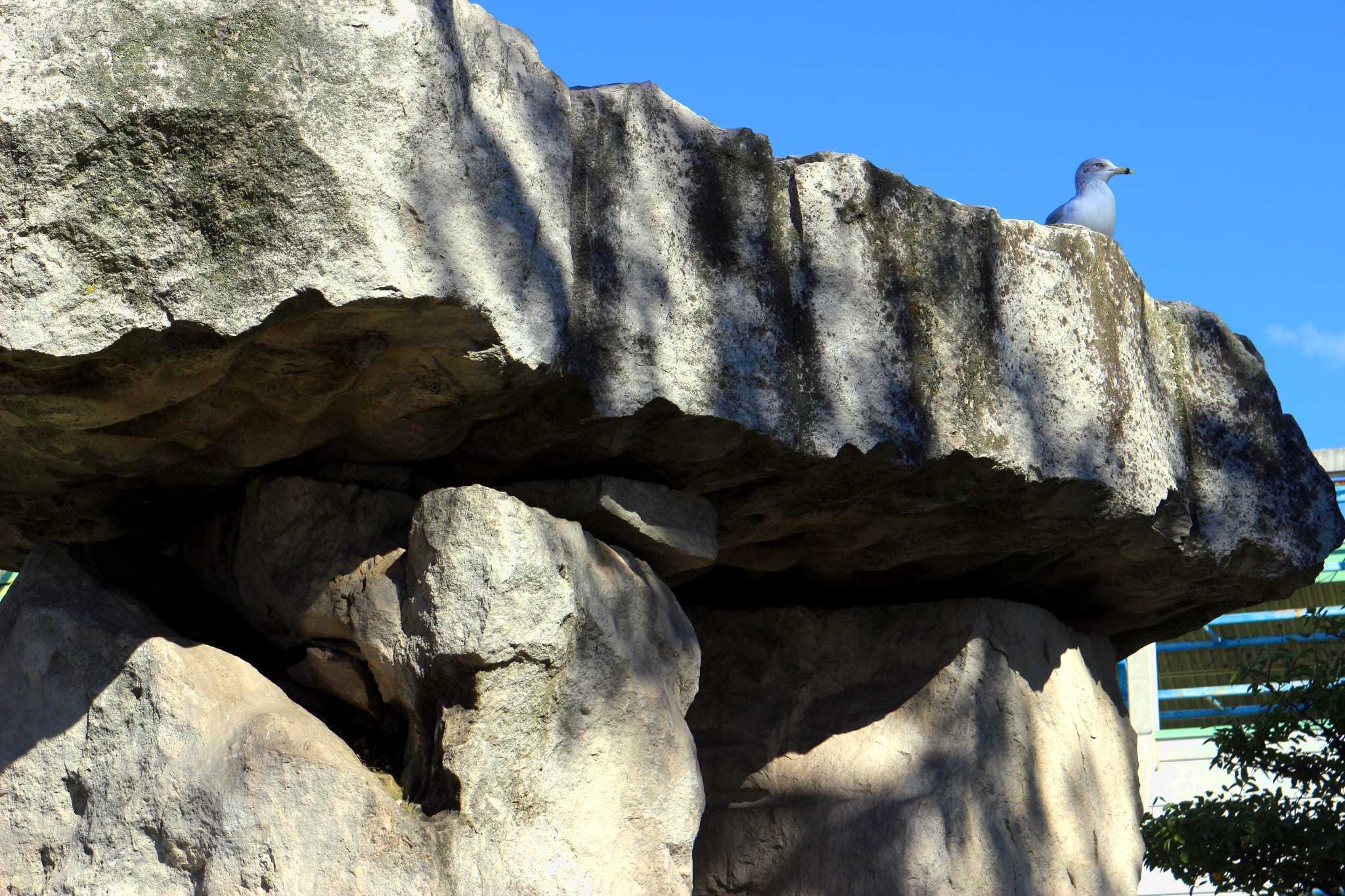Load-bearing ideation
Ever since I got into Hofstader and Robert Anton Wilson as a teenager, I've been pretty much crazy for isomorphisms, both tight (highly conformal) and poetic (suggestive of tone and insight, rather than specifics of relationship). There really doesn't seem to be anything that you can learn about the world that doesn't help illuminate other subjects in some way.
Just this week, while posing in my Pool Shark and Gangster costumes for art students, I had a couple of great conversations with the talented and enthusiastic instructor Rob Akow, about why it was that the artistic greats of years gone by, hit highs so few can reach today - an extremely relevant point of questing for any sincere teacher, and one that many of my OCADU friends (teachers and students) share. Of course all agree there are purely practical factors (beginning an apprenticeship when you're ten gives you a lot more time to gather technique and information to use while you still have the peak energy of your twenties, than you can possibly get if you only start buckling-down when you're nineteen, just for one small example). The question of how much of ourselves we're willing to give to the art or skill bears on it, too - we moderns tend to weight our slack very highly! ;o)
The thing that came to me while in pose, thinking about our discussion, was this - in the old days, there was no expected separation between the disciplines such as we perceive today; a cutting edge artist was also a fine scientist - and indeed up until a century ago, a botanist who couldn't produce excellent realistic drawings with multiple techniques, was of very limited use.
Artists and scientists now commonly think of themselves almost as opposites - even though scientists continue to require creative imagination, and artists need rigour just as much (especially if they hope to pay the rent). Certainly, the idea that being an artist means one can disdain or ignore science is a foolishness of the highest order - the audience will feel the slight - the ignorance will show - and the laziness behind it will also be discernible. Thing is, failing to move others with art because it shows audience-insulting ignorance is no fun at all - the supposedly saved effort of learning cannot give any pleasure in the end, because it fights against our own definition of success!
But then, rather curiously, full knowledge is also not ever required (and self-evidently impossible anyhow), rather, the compelling witness needs only a sincere question and well meant quest in it's pursuit - we are all human, finite - and our limits too are compassionate parameters. Boy was I ever chuffed to realize I had already written a poem that went almost precisely here!
This is probably still only the second pass for the big insight as a whole. But at least I'm in good shape to really finally try to learn it, the next time it comes whizzing-by my brain.
What do I mean? Well, as far as I can tell, nobody is clever enough to learn anything on the first opportunity - usually the third time is the earliest we can actually hope to begin to grasp it. The first encounter merely sensitizes - registers the new category. The second time we recognize the subject heading and light up. Only on the third encounter with the idea are we ready to actively pursue it - start filling-in the richness of information which goes under that new subject heading.
Of course, learning a thing on our fifth, sixth - and indeed, the fiftieth and sixtieth encounters with it, are also very popular options!
¯\_(ツ)_/¯




